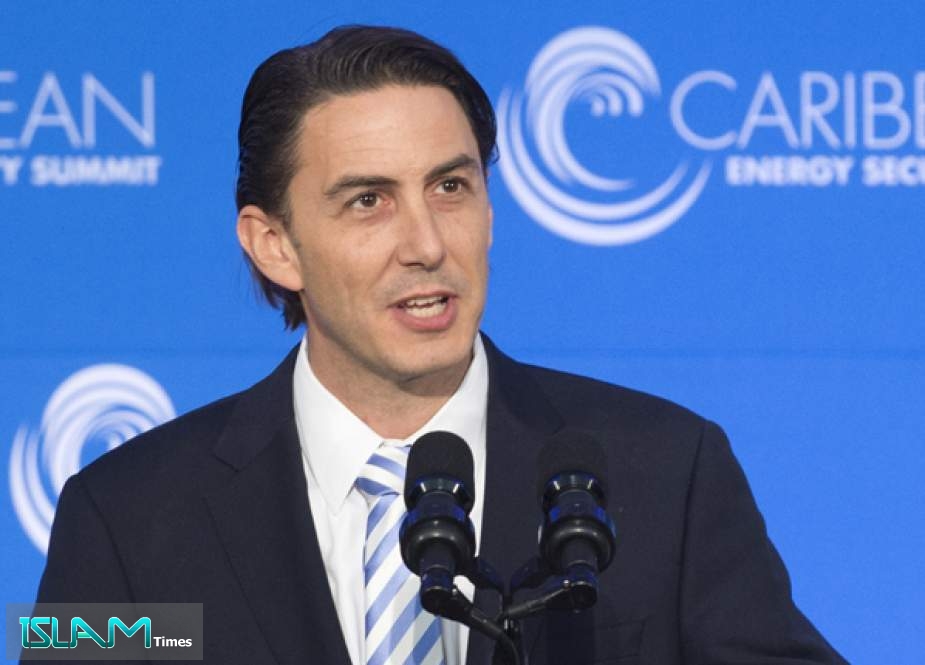In Lebanon, Hochstein will “underscore the Biden Administration’s willingness to help Lebanon and Israel find a mutually agreeable solution to their shared maritime boundary for the benefit of both peoples,” the State Department said.
A top US official landed in Beirut Tuesday in what the State Department said was a trip to discuss “sustainable solutions” to Lebanon’s energy crisis.
On his first trip to Lebanon since being appointed by Secretary of State Antony Blinken, Senior Advisor for Global Energy Security Amos Hochstein will also resume Washington’s role as a mediator between Lebanon and Israel over their decadeslong maritime border dispute.
The Israeli-born diplomat held a similar role under former US President Barack Obama.
In Lebanon, he will “underscore the Biden Administration’s willingness to help Lebanon and Israel find a mutually agreeable solution to their shared maritime boundary for the benefit of both peoples,” the State Department said.
Traditionally, the US diplomat in this role shuttles back and forth between Beirut and Tel Aviv to discuss the maritime border dispute. He is expected to fly to Israel after Beirut, but no official announcements have been made.
Several US diplomats have attempted to mediate, but the most success seems to have been under the Trump administration, where Lebanese and Israeli officials sat in a room for discussions on the matter.
After a few rounds of talks, progress was stalled in what US officials have said was the result of Lebanon reneging on initial boundary claims submitted to the United Nations.
Hochstein will now try to revive the stalled talks and build off his previous experience in the Obama administration.
Lebanon is experiencing an unprecedented economic and financial collapse, which has resulted in a shortage of fuel needed to run power plants in the country.
READ ALSO: Analysis: Iran says it defeated US in region, mocks Israel failure against Hamas
In partnership with the US, the World Bank had proposed a plan where Beirut would purchase natural gas and electricity from Egypt and Jordan, respectively.
The transfer of both would need to go through Syria, which could see countries slapped with US sanctions under the Caesar Act; however, the Biden administration seems to have found loopholes to allow this transaction to go through in a bid to help the Lebanese energy shortage.
Despite being in the works for months and previously reported by Al Arabiya English, the US pitch to help was not officially announced until after Iran-backed Hezbollah revealed that they were importing badly needed fuel from Tehran.













